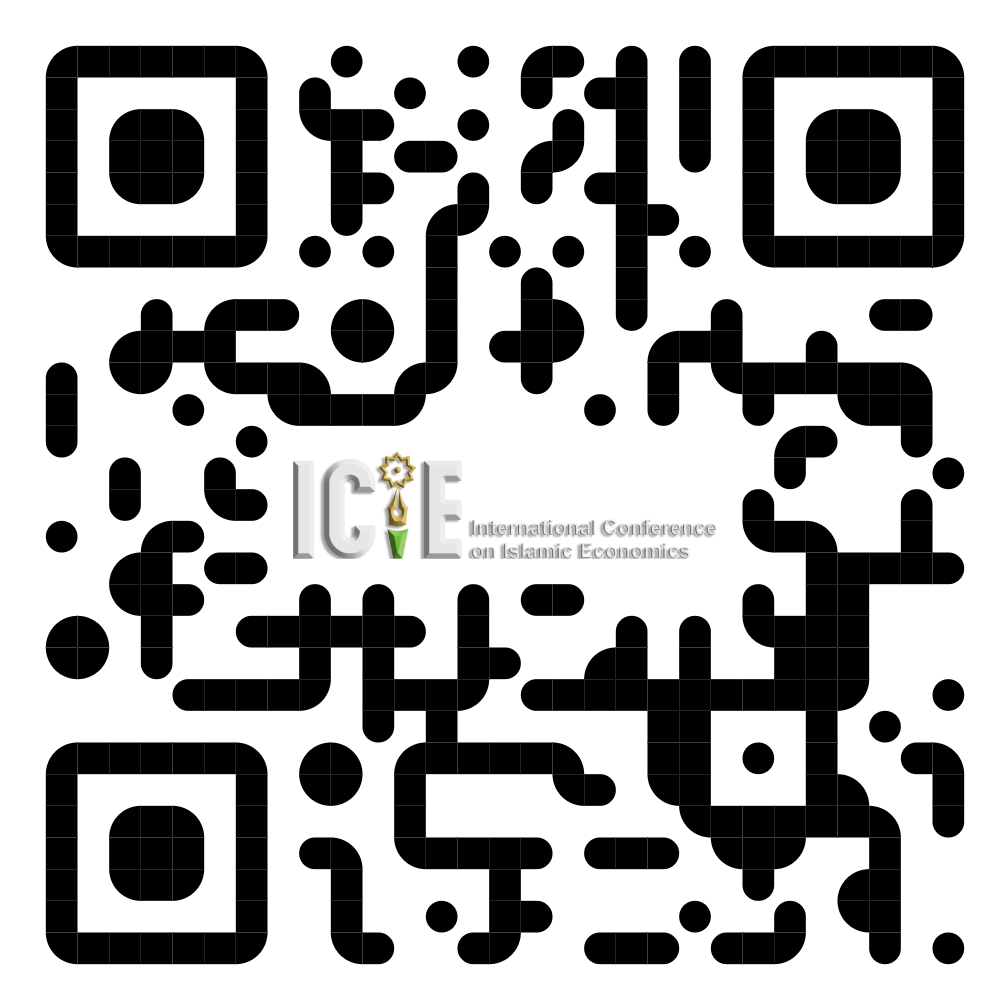Bundling Business Model dan Implikasinya Terhadap Efektivitas Pemasaran Multi Produk Kosmetik Berlabel Halal
Keywords:
Bundling Business Model, Consumer Behavior, Halal Cosmetics, Marketing EffectivenessAbstract
Halal-labeled cosmetics represent a crucial aspect for the majority of Muslim consumers in Indonesia, who are increasingly aware of living in accordance with Sharia principles. In marketing halal cosmetic products, the bundling strategy is frequently employed to capture consumer interest. This study aims to examine the relationship and influence between the bundling business model and the effectiveness of multi-product halal cosmetic marketing. A quantitative approach was utilized, with primary data collected through questionnaires distributed to respondents.The population for this study in the Spring Semester of 2023/2024 consisted of 3,542 individuals, and the sample was determined using the Slovin formula with a 5% margin of error, resulting in 359 respondents. Linear regression analysis was used to assess the influence between variables. The findings indicate a strong and significant relationship between the bundling business model and the effectiveness of multi-product cosmetic marketing. These results suggest that the bundling strategy significantly enhances the marketing performance of cosmetic products, particularly in terms of attracting consumers and boosting overall sales.




